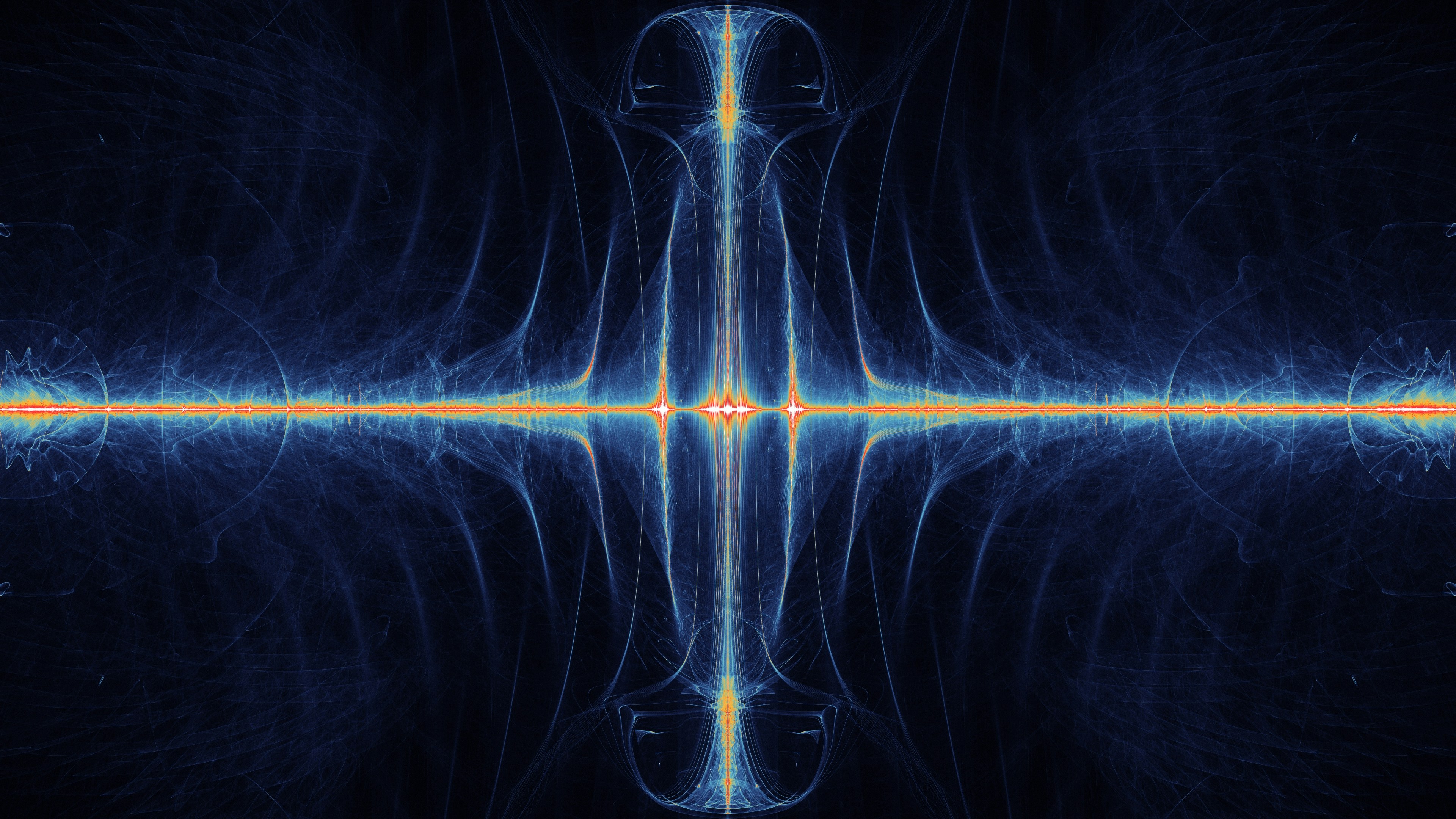They exiled him from America. But Einstein once called him “my successor.”
David Bohm was not your average physicist. He had the kind of ideas that get you quietly uninvited from conferences, and sometimes entire countries. His crime? Suggesting that reality might not be the chaotic mess most physicists assumed it to be.
Instead, he argued, everything is connected. Every particle, every thought, every moment belongs to a deeper order he called the Implicate Order.
Think of reality as water. Drop two pebbles into a pond and you see ripples spreading, crossing, interfering. It looks random, but it is not. Beneath the surface it is all the same medium carrying every disturbance. Bohm believed the universe works the same way: what happens in one place instantly ripples across the whole. Not coincidence. Not chance. Coherence.
That means consciousness itself may not be sealed up in your skull. It might be part of the pond too, woven into the fabric of reality. Which is either uplifting or deeply unsettling, depending on how much sleep you have had.
Bohm was punished for saying these things. Branded a communist sympathiser in McCarthy’s America, he lost his job at Princeton, exiled himself to Brazil, and lived as a scientific outlaw. Mainstream physics politely filed his work under “please don’t bring this up at dinner parties.”
Yet the universe has a way of evening the score. Quantum entanglement experiments, Bell’s theorem, and a century of puzzled physicists have all kept circling back to Bohm’s territory. His 1951 Quantum Theory and later Wholeness and the Implicate Order are still read today, not as footnotes but as provocations.
Even the Stanford Encyclopedia of Philosophy concedes that his so-called “hidden variable” theory remains one of the most serious alternatives to the mainstream interpretation of quantum mechanics.
And while Bohm never quite shouted it, his ideas flirted with the notion that mind and matter might not be separate at all. The Journal of Consciousness Studies still debates his quantum potential as if he had just dropped it into the inbox yesterday.
So what do we do with a man like Bohm? Exiled, ignored, but never quite erased. Decades after his death, his work looks less like fringe speculation and more like a trailer for reality itself.
Do you think Bohm uncovered the real Matrix? Or was he just the cleverest heretic of the twentieth century? Either way, he makes our world look far stranger than the textbooks ever admit.

